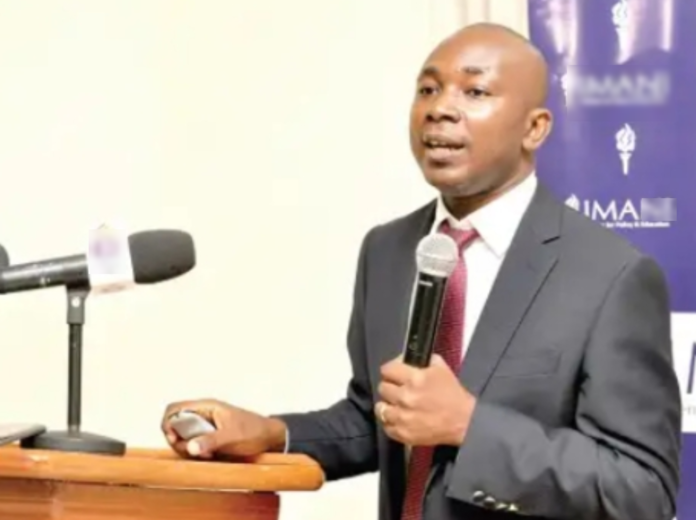Economist Professor Godfred Bokpin has cautioned that Ghana’s current fiscal trajectory is not sustainable beyond 2026, urging the government to align its budget with the promises it made to Ghanaians.
Speaking on JoyNews’ PM Express on Monday, May 12, Prof. Bokpin stated, “From 2026, 2027, government will have to operate its own budget, reflecting largely the promises it made to the electorate.”
According to him, while there are some signs of progress, such as efforts to stabilise the cedi, they are not sufficient for long-term stability.
“We are not doing much this year,” he noted. “Getting the cedi stabilised and all of that, it’s good news to some extent, but I am not in favour of major disruptions in the market.”
Prof. Bokpin emphasised the need for sustainable economic policies that build investor confidence over the long term.
“I would prefer that we accumulate the reserves that allow confidence to be sustained for a much longer period, even beyond five or ten years,” he said.
He described the 2026 budget outlook as a wake-up call.
“It shows that we cannot continue on the path of expenditure-based fiscal consolidation to sustain the cedi,” he cautioned.
Prof. Bokpin added that stabilising the currency should not come at the expense of broader economic transformation.
“You see the Asian growth dynamics, and you want to link it to whether there’s also a significant improvement from an interest rate point of view—and whether that translates to a lower cost of borrowing, and how all of that aligns with export diversification and realisation policy.”
He stressed that Ghana’s various policies must work in harmony to ensure sustainable growth.
“We want to be sure all these things link up in building the economy.”
Citing inflation data, Prof. Bokpin warned of declining competitiveness for local producers.
“From November 2023, inflation on imported products actually rose higher than local inflation. So it means we were better off importing than producing here,” he observed.
“That is dangerous for the competitiveness of the indigenous private sector, those who produce here.”
While acknowledging recent inflows into the economy, Prof. Bokpin maintained that deeper structural reforms are needed.
“In a certain sense, we can say that yes, we’ve seen the inflows, and that is playing out. But without stabilising it, it won’t last,” he warned.
His concluding message was clear: “Ghana’s current fiscal strategy has an expiry date. From 2026, you’re on your own.”
ALSO READ:



